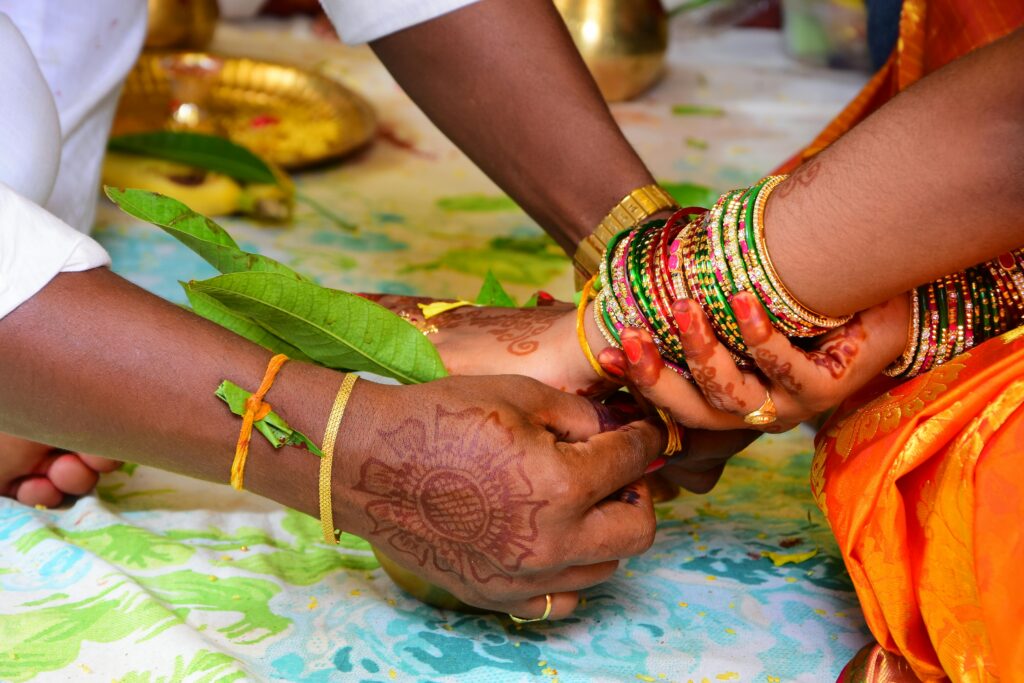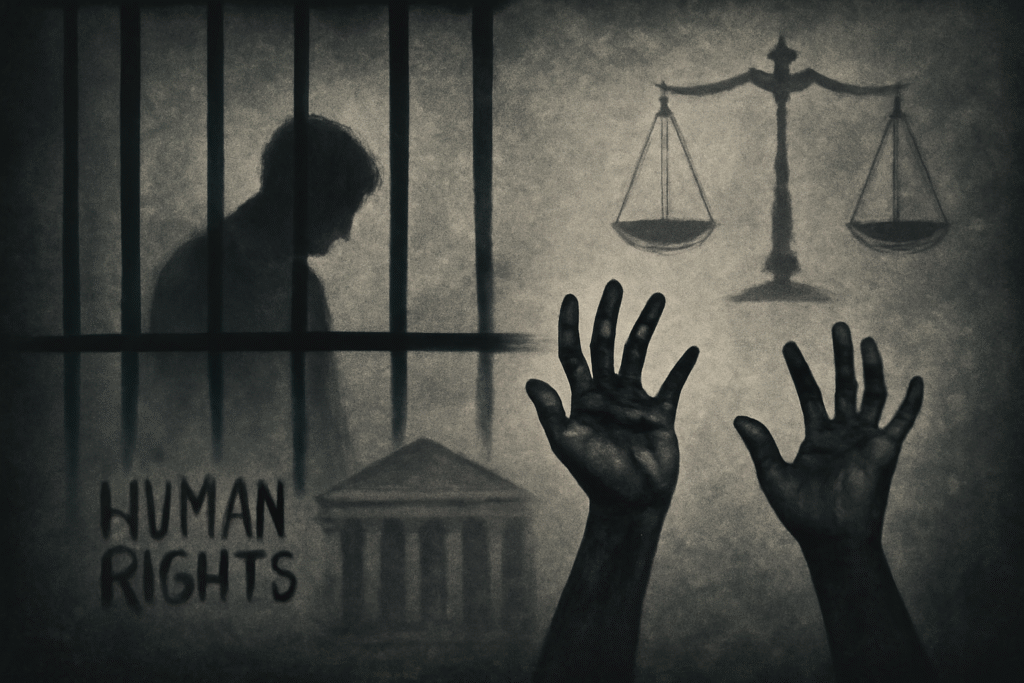Published On: 20th February, 2024
Authored By: Saudamini Naga Malladi
Symbiosis Law School, Hyderabad
SHORT ARTICLE
Hindu marriage, a sacred institution deeply rooted in ancient traditions, has undergone significant transformations over the centuries. This article delves into the historical evolution of Hindu marriage laws, tracing their journey from ancient scriptures to contemporary legal frameworks. In the early epochs, Hindu marital principles found their basis in ancient texts such as Manusmriti and Dharma shastra. These scriptures laid down the religious and social norms that governed marriages, emphasizing the concept of “Dharma” as a guiding force. The medieval era witnessed the interplay of diverse customs and regional variations. As Islamic rule influenced certain practices, regional customary laws began to coexist with traditional dharmashastra principles. This period marked the beginning of a mosaic of diverse marriage practices across the Indian subcontinent. The advent of British colonial rule brought about a paradigm shift in Hindu marriage laws. Colonial administrators sought to codify and standardize legal frameworks, culminating in the enactment of the Hindu Marriage Act in 1955. This marked the beginning of a systematic legal approach to Hindu marriages. With the dawn of independence, India embarked on a journey of legal reforms aimed at fostering social justice and gender equality. The Hindu Succession Act of 1956 played a pivotal role in addressing inheritance rights, while changes in the legal age of marriage, inter-caste marriage norms, and divorce laws aimed at aligning legal practices with evolving societal norms. Landmark legal cases have played a crucial role in shaping the interpretation and application of Hindu marriage laws. Decisions on issues like divorce, maintenance, and property rights have set important precedents, illustrating the dynamic nature of the legal landscape. Despite significant strides, Hindu marriage laws grapple with contemporary challenges. Issues like marital rape, LGBTQ+ rights, and the debate over a Uniform Civil Code underscore the ongoing need for adaptation. Legal frameworks are now being tested against the backdrop of rapidly changing societal norms. Looking forward, the future of Hindu marriage laws lies in a delicate balance between tradition and modernity. Ongoing debates and emerging issues call for continuous adaptation and reform. As society evolves, so must the legal frameworks that govern the sacred institution of Hindu marriage. In conclusion, the evolution of Hindu marriage laws reflects a dynamic journey through centuries, adapting to the cultural, social, and legal contexts of each era. From ancient scriptures to colonial influences and post-independence reforms, the legal landscape has undergone significant transformations. While landmark cases have shaped interpretations, contemporary challenges demand a re-evaluation of existing norms. The future promises further evolution as Hindu marriage laws continue to navigate the complex tapestry of tradition and modernity.



